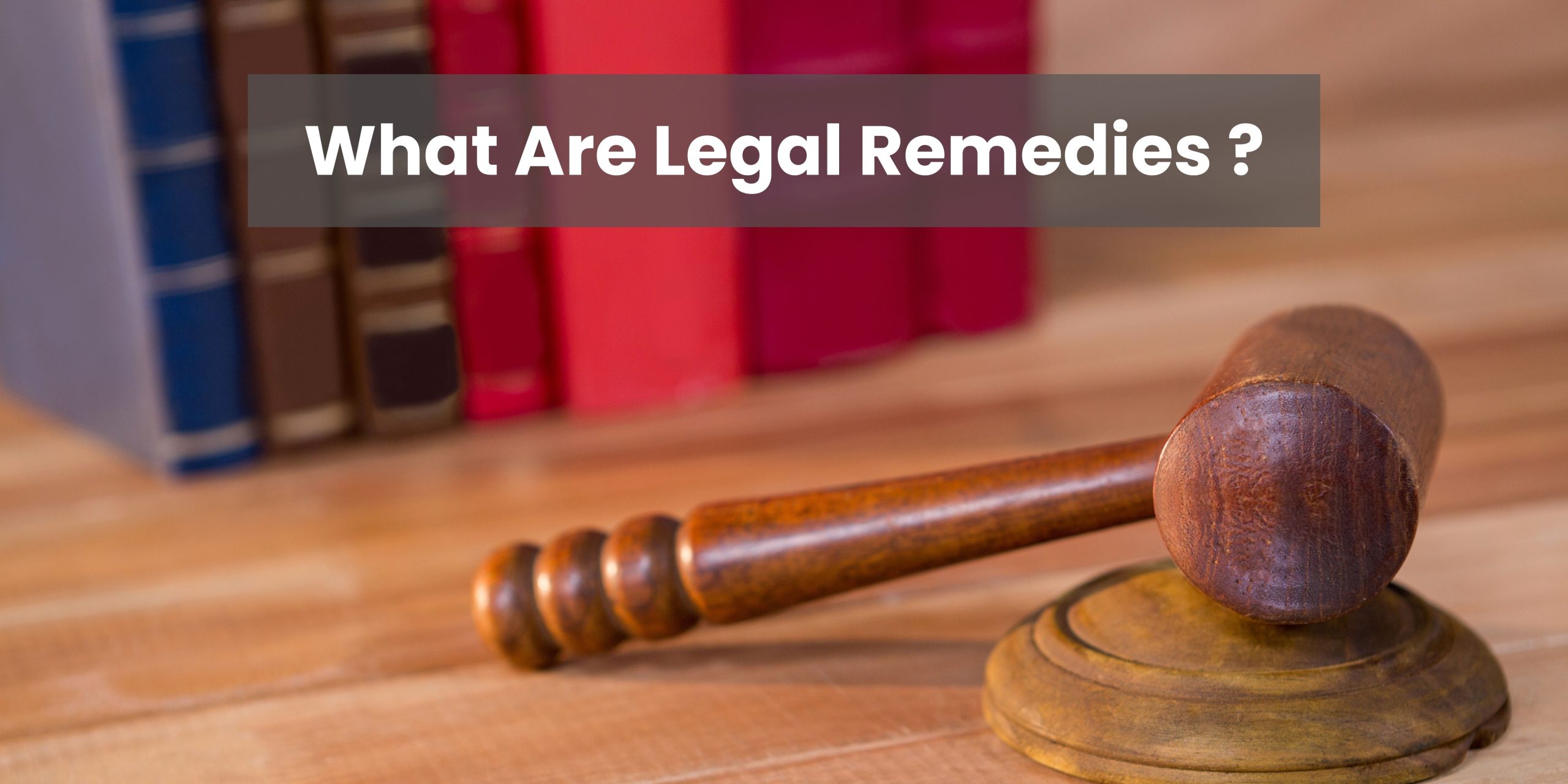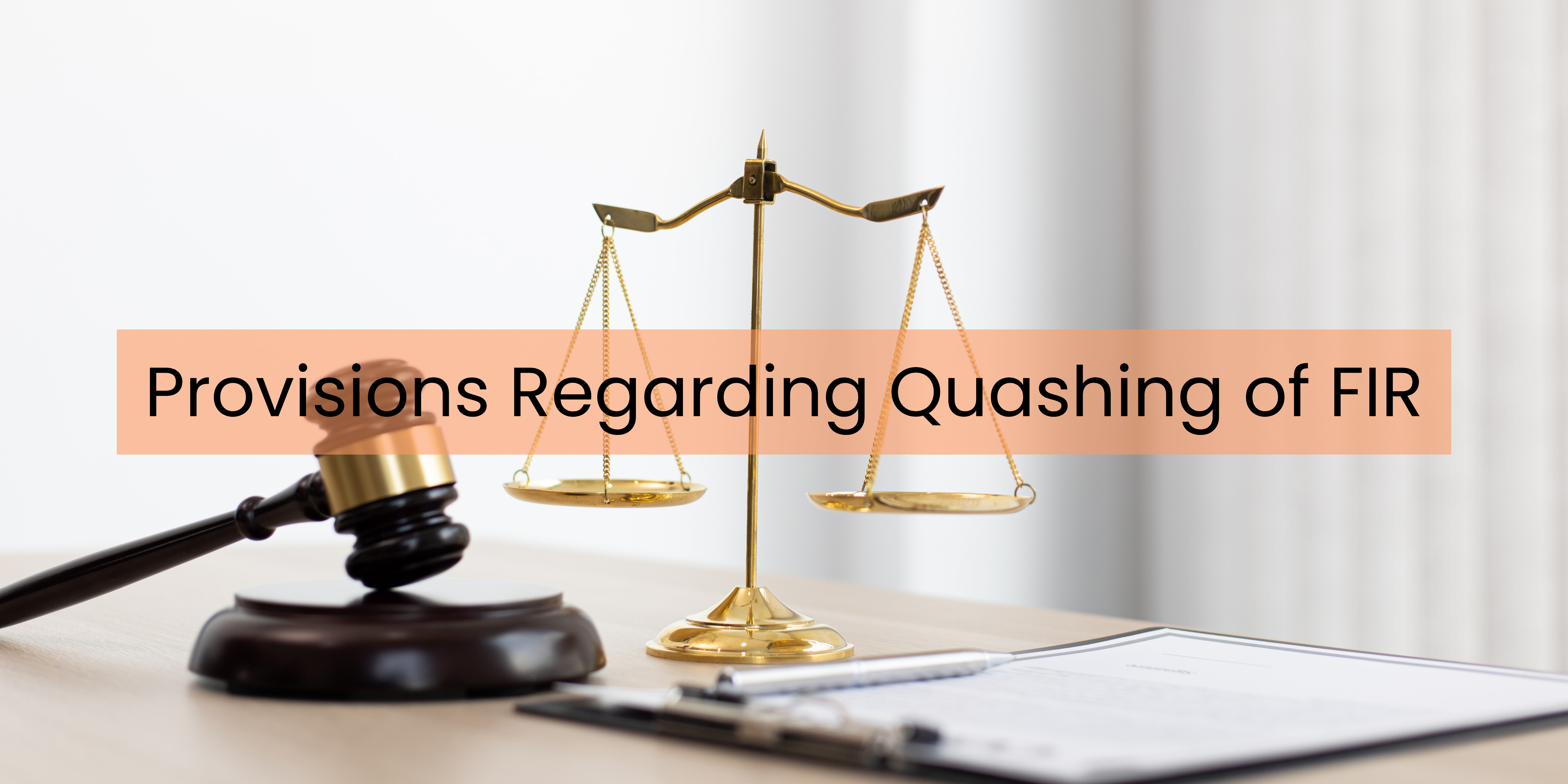In the world of law, legal remedies serve as vital tools to address breaches of contracts, violations of rights, or other legal wrongs. Understanding different types of remedies is essential in navigating the legal landscape. Let’s delve into these three key legal remedies: Damages, Injunctions, and Specific Performance.
What Are Legal Remedies?
Legal remedies are the means by which a court seeks to resolve a dispute or rectify a wrongful act. These remedies are sought to restore the affected party to their rightful position, either by compensating for losses suffered or by enforcing specific actions to prevent further harm.
1. Damages:
Damages are one of the most common remedies sought in legal disputes. They are monetary compensation awarded to the aggrieved party to compensate for losses suffered due to the actions of another party. Damages aim to place the injured party in the position they would have been in, had the breach or injury not occurred.
Types of Damages:
(a) Compensatory Damages: These are designed to cover the actual losses suffered by the aggrieved party. It includes both general damages (covering non-monetary losses like pain and suffering) and special damages (covering specific financial losses like medical bills or lost income).
(b) Punitive Damages: In certain cases where the defendant’s actions are found to be willful, malicious, or grossly negligent, punitive damages may be awarded. They aim to punish the wrongdoer and deter similar conduct in the future.
(c) Nominal Damages: Sometimes, when a legal right has been violated but no substantial loss or injury is evident, nominal damages (a small token amount) may be awarded to recognize the breach.
2. Injunctions:
Injunctions are equitable remedies issued by the court to prevent a party from doing a specific act or to compel them to perform a particular action. These court orders are discretionary and seek to preserve the status quo (meaning the existing state of affairs) or prevent future harm.
Types of Injunctions:
(a) Temporary or Interlocutory Injunctions: These are issued during the pendency of a case to maintain the situation until a final decision is reached. They aim to prevent irreparable harm while the legal proceedings are ongoing.
(b) Permanent Injunctions: Granted after a full trial, these are more permanent and enduring. They restrain a party from continuing or repeating a certain action or mandate a particular conduct.
3. Specific Performance:
Specific performance is a unique remedy in contract law where a court orders the breaching party to fulfill their contractual obligations as agreed upon in the contract. This remedy is typically sought when monetary compensation (damages) is inadequate or incapable of providing adequate relief.
When is Specific Performance Granted?
Courts consider granting specific performance in cases involving unique goods, land, or contracts where the subject matter is considered unique and irreplaceable. It is not commonly awarded for contracts related to personal services due to the difficulty in enforcing such orders.
Significance of Legal Remedies:
Legal remedies play a vital role in upholding the principles of fairness and justice. They provide a means for individuals and entities to seek redressal for infringements of their rights or breaches of contracts. Moreover, they aim to restore parties to the position they would have been in if the wrong had not occurred.
Conclusion:
Understanding legal remedies such as damages, injunctions, and specific performance is crucial in comprehending the diverse avenues available for seeking justice in legal disputes. These remedies offer varied solutions tailored to the specific circumstances of each case. While damages provide monetary compensation, injunctions and specific performance focus on equitable relief, aiming to prevent future harm or enforce contractual obligations.
In essence, the availability and application of these legal remedies underpin the foundation of fairness and equitable resolution within the ambit of law, ensuring that aggrieved parties have recourse to justice in the face of legal violations.


